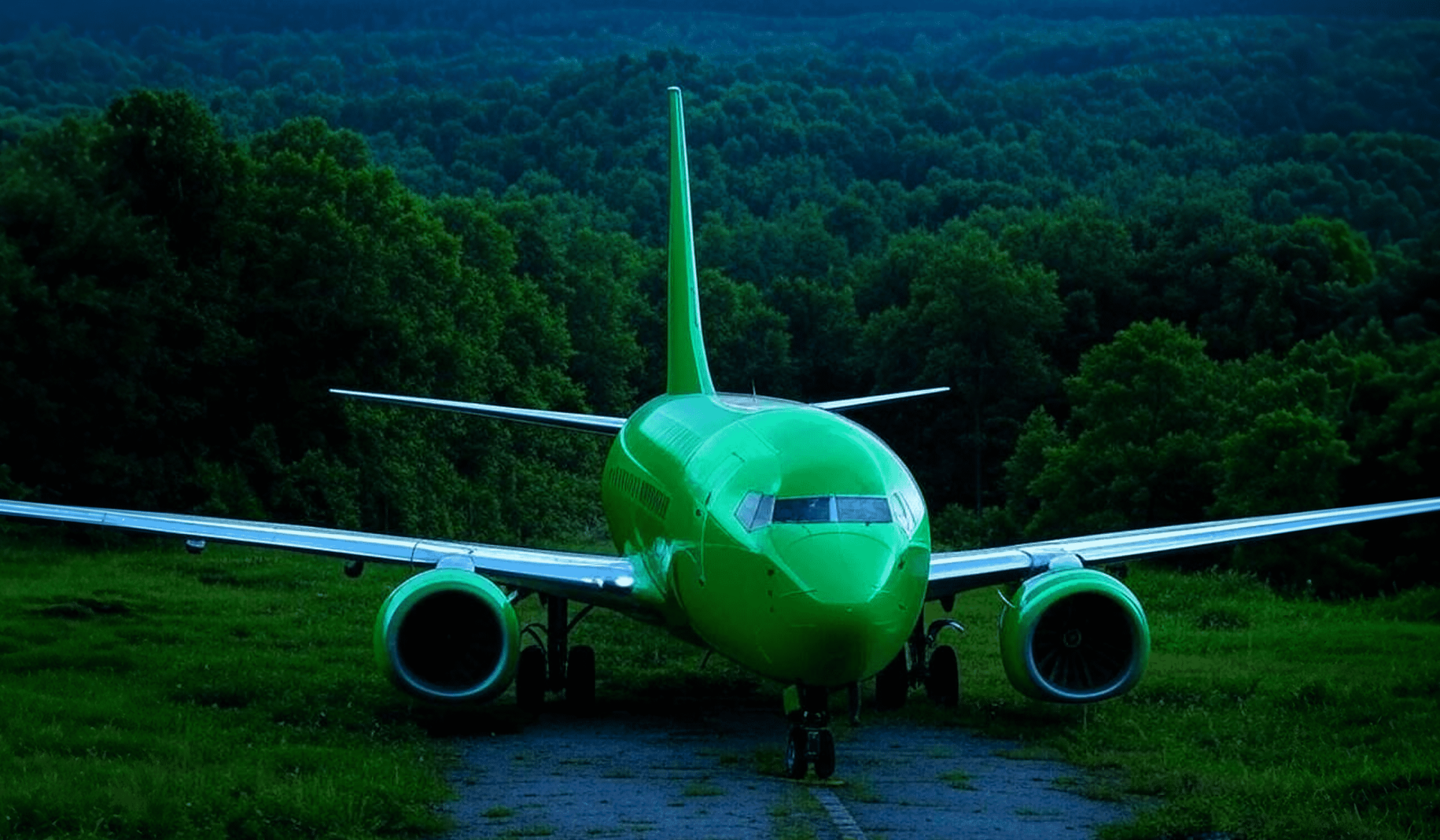With emissions from the aviation industry increasing globally, the Wopke Hoekstra proposes a cutthroat plan to mitigate the issue in the European Union.
The aviation industry is no stranger to the burdens of carbon emissions. Post-COVID, emissions from the sector reached 80% of pre-pandemic levels with an approximate value of 800 million tonnes of carbon dioxide (CO2).
Compared to other transport sectors, the International Energy Agency noted that the emissions from aviation alone were growing exponentially. The International Civil Aviation Organisation also stated that when compared to 2015 levels, emissions from the sector could potentially triple by 2050.
Specific to the European Union (EU), emissions reached approximately 164.85 megatonnes of CO2 marking a 10% increase from the previous year. The EU Emissions Trading System (EU ETS), a regulatory framework aimed at reducing greenhouse gas emissions within the EU, has not extensively covered the aviation industry.
Yet, in 2024, the total amount of CO2 emissions allowed from the sector was capped at 28 million tonnes of CO2. It is projected to surpass the cap, nonetheless, rendering the goal ineffectual.
As such, Wopke Hoekstra, the EU’s climate commissioner has proposed a different angle to tackle emissions: an increase in aviation green tax.
What share of global CO2 emissions come from aviation?
While air travel dominates a frequent traveller’s individual contribution to climate change, aviation overall accounts for only 2.5% of global carbon dioxide (CO2) emissions.https://t.co/TcCMAOCW0h pic.twitter.com/8zXKQnUNGs
— Our World in Data (@OurWorldInData) June 15, 2023
Currently, airlines are exempt from several aspects of operational costs and emissions accountability under the EU ETS. First, only intra-European Economic Area flights are covered, sparing international flights, of which 58% of emissions are unaccounted for.
Secondly, there have been tax exemptions for aviation fuel, which is seen as a significant subsidy for the industry amounting to billions of euros annually. Lastly, EU plane tickets are exempted from Value Added Tax (VAT), which, compared to other transport sectors, reduces the tax burden on airline companies.
Hoekstra aims to mitigate these loopholes by reforming the current tax structures in the EU for air transport. A major part of his proposal includes taxing jet fuel sourced from fossil fuels – otherwise known as kerosene. He argues that it is inequitable for consumers to pay substantial taxes on petrol for cars but not kerosene for planes.
Other components of his plan include increasing carbon taxes on EU airline emissions and putting an end to the lack of VAT on international travel. The former will be done by expanding the EU ETS to include international aviation while the latter’s plan is still underway.
He hopes that his proposal would not only push the aviation industry into aligning with climate goals but also increase the accountability of airline companies towards their environmental impact and direct them toward a greener future. Moreover, the revenue gained from the green tax would fund other climate and sustainability programs.
Surely consumers are not exempt from the implications of his proposal, so what would it mean for them? For starters, it would mean higher ticket prices. With the increased taxes from VAT and jet fuel, companies still want to maintain their competitiveness and profitability. As such, they are likely to pass these costs directly onto passengers.
With these increased costs that come with air travel, consumers may be incentivized to consider alternative greener and cheaper forms of transportation such as trains, chiefly for shorter distances. This is followed by a decrease in the demand for flights, especially among travelers who are conscious of budgets.
Consumers aside, Hoekstra’s plan has met a fair share of criticisms from the aviation sector. William Walsh, the Director General of the International Air Transport Association stated that the proposal was ‘complete bullsh**t’. He went on to explain that it was far-fetched for the tax revenue to improve environmental accountability for the industry or change consumer behavior.
In fact, in last year’s COP28, the matter of aviation green tax and sustainable aviation fuel (SAF) was brought up. Yossi Shoukroun, the CEO of Challenge Group voiced his opinion stating that there were no real alternatives in air transport, akin to electric cars for land transport.
Moreover, the kerosene tax Hoekstra proposes is also aimed at pushing the industry into utilizing SAF. However, Shoukron brought up that SAF was not well discussed by governments in terms of investments or concrete action, leaving the aforementioned goal lacking some detail.
There has also been an outcry in tourism-reliant nations as they could potentially face a massive decline in visitors if air travel becomes expensive. As such, even EU countries like Greece, Iceland, and Montenegro – whose GDP relies on the tourism sector – could face the brunt of economic repercussions.
On the surface level, it is obvious that Hoekstra’s proposal does not bode well for many stakeholders. Nevertheless, with extensive discussions and a feasible timeline, a greener future for the aviation industry remains within the realm of possibility.

















